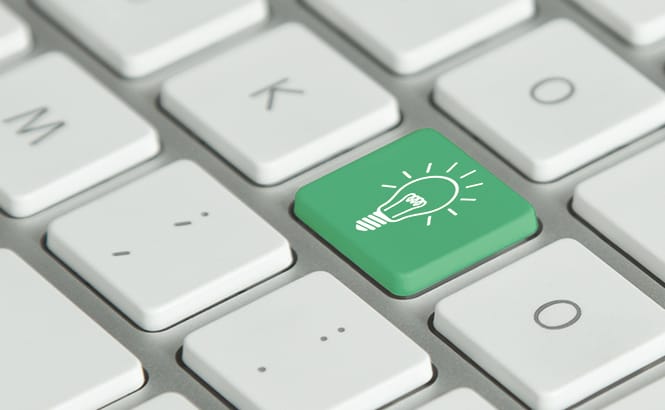
Artigo
24.09.24
Tracking SDG 7: The Energy Progress Report.
Veiculo: IEA, IRENA, UNSD, World Bank, WHO. 2023. Tracking SDG 7: The Energy Progress Report. World Bank, Washington DC. © World Bank. License: Creative Commons Attribution—NonCommercial 3.0 IGO (CC BY-NC 3.0 IGO).
Ano: 2023
Tipo: Revista
Resumo: Since its inception in 2018, Tracking SDG 7: The Energy Progress Report has become the global reference point for information on the realization of SDG 7. It is produced annually by five of the custodian agencies responsible for tracking global progress toward Sustainable Development Goal 7 (SDG 7), which is to “ensure access to affordable, reliable, sustainable, and modern energy for all.” The custodians developing the report are the International Energy Agency (IEA), the International Renewable Energy Agency (IRENA), the United Nations Statistics Division (UNSD), the World Bank, and the World Health Organization (WHO). The report offers the international community a global summary of progress on energy access, energy efficiency, renewable energy, clean cooking, and international cooperation to advance SDG 7. It presents updated statistics for each of the indicators and provides policy insights on priority areas and actions needed to spur further progress on SDG 7, as well as related SDGs. Figure ES.1 offers an updated snapshot of the primary indicators for the most recent year. Despite some progress across the indicators, the current pace is not adequate to achieve any of the 2030 targets. As in previous years, rates of progress vary significantly across regions, with some regions making substantial gains and some slowing their progress or even moving backward. Among the major economic factors impeding the realization of SDG 7 globally are the uncertain macroeconomic outlook, high levels of inflation, currency fluctuations, debt distress in a growing number of countries, lack of financing, supply chain bottlenecks, tighter fiscal circumstances, and soaring prices for materials. The effects of the COVID-19 pandemic and the steady rise in energy prices since summer 2021 are expected to be a further drag on progress, particularly in the most vulnerable countries and those that were already lagging behind. Although certain policy responses to the global energy crisis appear likely to improve the outlook for renewables and energy efficiency, other necessary policy actions, as well as financial flows, continue to lag. This particularly concerns lacking universal access to electricity and clean cooking in developing economies, with projections indicating that SDG 7 will not be reached by 2030.
Confira o artigo completo AQUI.
